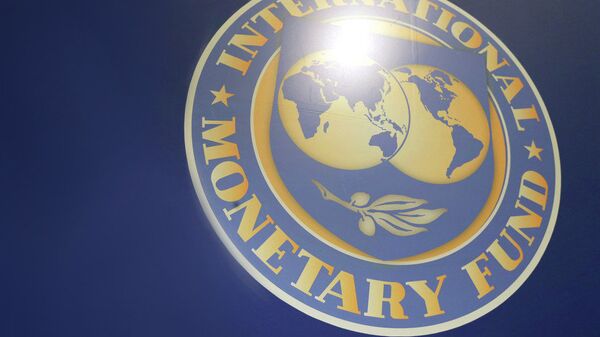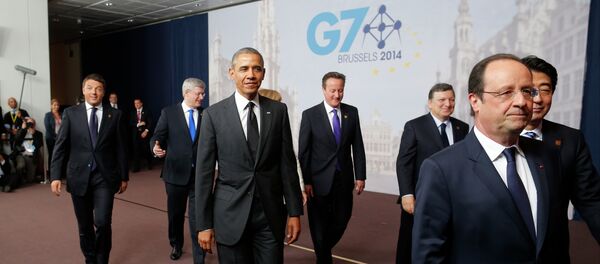“Directors noted that policies have been successful in stabilizing the banking system,” the press release, issued following bilateral IMF consultations with Russia’s representatives, said.
It added that Russia must "support individual banks according to their specific capital needs while adjusting the parameters of the capital support program to strengthen incentives and minimize cost to the public sector."
The IMF encouraged Moscow banking officials to “phase-out regulatory forbearance along with the implementation of the capital support program.”
The fund urged Russia to align its local resolution framework to what it defines as best international practices, boost competition between the local banks by enhancing supervision and adoption of the Basel III international capital standards.
In May, Russian Prime Minister Dmitry Medvedev said that Russia's banking system was stable and bank capital increased, allowing all financial obligations to be met.
The Russian economy will resume growth in 2016, but geopolitical tensions will remain the primary risk for the country’s GDP growth potential, the International Monetary Fund (IMF) said in a press release.
“Growth should resume in 2016 while inflation continues to decline,” the press release, issued following bilateral IMF consultations with Russia’s representatives, said.
The IMF stated that recovery is “unlikely to be strong” as it will take Russia some time to address growth limiting factors, predicting Moscow's medium-term growth to be 1.5 percent of GDP per year.
“An increase in geopolitical tensions is the main risk to the outlook,” the IMF said.
The Russian economy declined in 2014 following a drop in global oil prices, a sharp ruble depreciation and several rounds of anti-Russia economic sanctions imposed by Western countries over Moscow's alleged role in the Ukrainian conflict.
In January, the Russian government unveiled an anti-crisis plan to stabilize and improve the country's economic situation by 2017.
In mid-June, the Russian Central Bank projected a 3.2-percent contraction of the Russian economy in 2015, followed by 0.7-percent growth in 2016, to eventually reach a 1.7-2.4 percent growth over the next two years.





